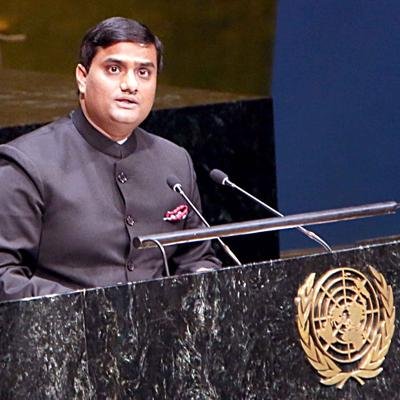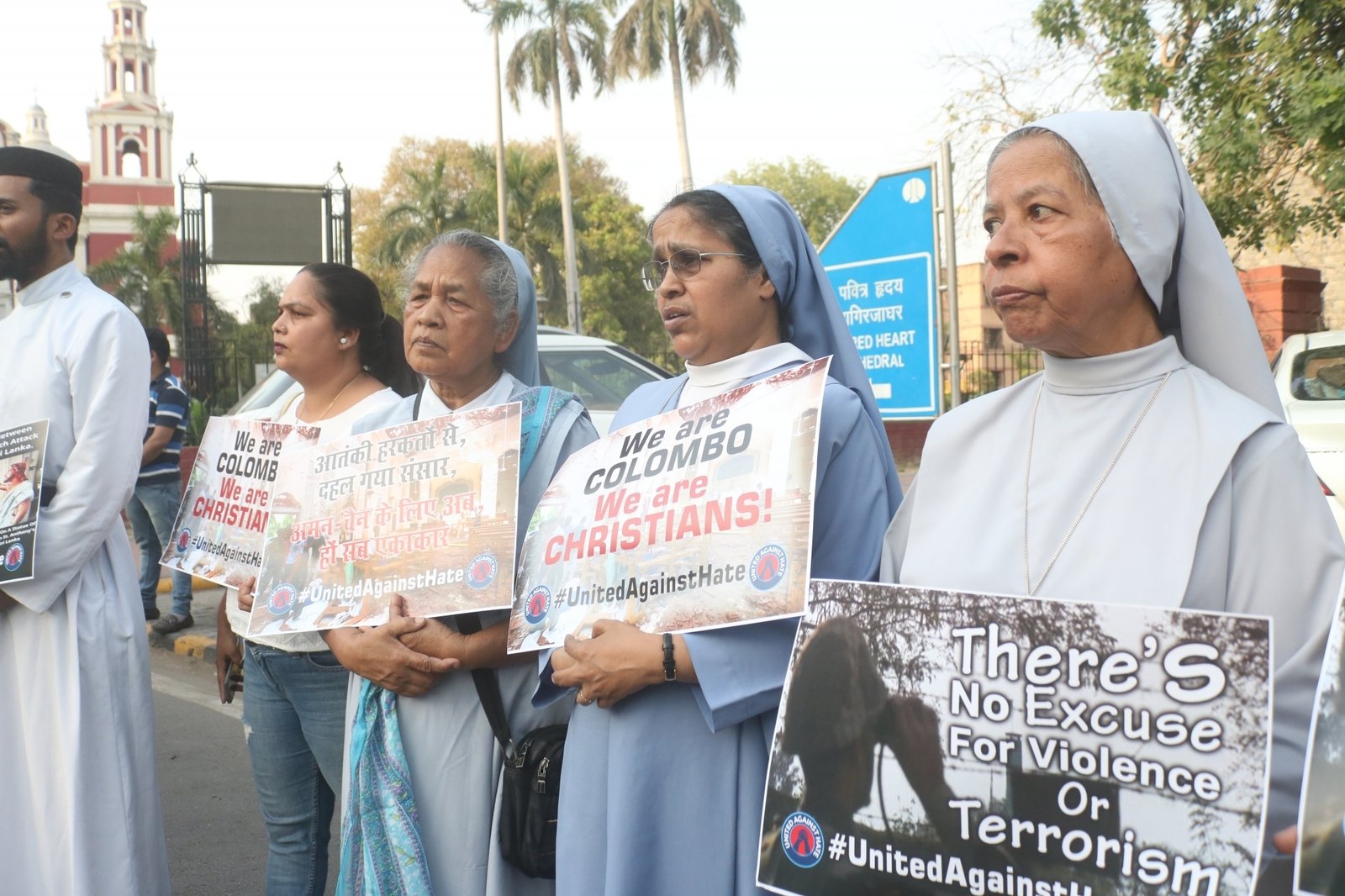
Egypt Condemns Netanyahu’s Threat to Displace Palestinians amid Gaza Crisis
Egypt has strongly criticized Israeli Prime Minister Benjamin Netanyahu after he suggested that Palestinians could be forced to leave their land, including through the Rafah border crossing between Gaza and Egypt. Cairo is making it clear that it opposes any plan to expel Palestinians and refuses to become a gateway for displacement.
The Egyptian Foreign Ministry called Netanyahu’s remarks “irresponsible” and accused him of trying to prolong the Gaza conflict to avoid accountability for Israel’s actions in the area. Egypt emphasized that targeting civilians and damaging infrastructure in Gaza is forcing Palestinians to leave their homes. The ministry warned that such actions violate international humanitarian law and could even be considered “ethnic cleansing.”
Egypt urged the international community to hold those responsible accountable and made it clear that Cairo will not cooperate with efforts to displace Palestinians. The country’s government emphasized that it refuses to be part of “liquidating the Palestinian cause” or aiding in any forced expulsion. Egypt described this stance as a “red line.”
Calls for a ceasefire and a peaceful end to the conflict are growing. Egypt wants Israel to withdraw completely from Gaza, and it calls for international support to help the Palestinian Authority regain control of border crossings, including Rafah. The Egyptian government also pushed for the reopening of the Rafah crossing based on the 2005 Agreement on Movement and Access and asked the UN Security Council to protect Palestinians and support their right to stay in Gaza, the West Bank, and East Jerusalem.
Egypt also reaffirmed that a lasting solution involves creating a Palestinian state based on the 1967 borders, with East Jerusalem as its capital.
Israeli Prime Minister Netanyahu made headlines again by claiming that Egypt is “imprisoning” Gaza residents who want to leave. He said Israel would allow Palestinians to cross at Rafah, but claimed Egypt was blocking them. This sparked strong reactions from neighboring countries.
Jordan’s Foreign Ministry called Netanyahu’s comments a “clear violation” of international laws and emphasized that Palestinians have the right to stay on their land and establish their own independent state. Jordan rejected what it called “extremist Israeli measures” aimed at changing facts on the ground through force.
Qatar’s Foreign Ministry also criticized Netanyahu’s statements, saying they show Israel’s continued violation of Palestinian rights. Qatar accused Israel of using “collective punishment,” citing the ongoing violence and suffering in Gaza, West Bank restrictions, settlement expansion, and attacks on religious sites. Qatar stressed that these actions won’t make Palestinians give up their land or rights.
Since a deadly Hamas attack in southern Israel in October 2023—killing over 1,200 people and taking around 250 hostages—Israel launched a military offensive in Gaza, resulting in the deaths of more than 64,000 Palestinians and injuries to 161,000, according to Gaza’s health authorities.
The situation remains tense, with ongoing international calls for peace and justice in this long-standing conflict.
















